Written by Brooke Haycraft, CEMC, CFPC, CPC-H, CPC
Health and Human Services (HHS) has recently announced they intend to convert a majority of Medicare payments from the current fee-for-service system to a model that focuses on performance-based measurements (alternative payment models) in the next three years. This is the first time in the history of the Medicare program that HHS has set definitive goals for alternative payment models and value-based payments.
Currently, physicians, hospitals and other medical providers are paid for each service they provide regardless of whether the services may be deemed medically necessary or not. Medicare will be shifting away from this current system and moving towards alternate payment models that reward quality of care, value and encourages care coordination.
The Affordable Care Act (ACA) (signed into law in 2010), helped to address the issue of, fee-for-service models by creating new alternative payment models that rewarded providers who focused on best practice methods to improve health outcomes in patients in a more cost-effective way. Models of this nature included accountable care organizations (ACOs), ‘bundled’ provider payments, and primary care medical homes.
In alternative payment models, physicians, hospitals and other medical professionals are held responsible for the quality of care they deliver to the patient in the most cost-effective manner. In these models, healthcare providers have an economic incentive to coordinate care on multiple levels for their patients. An ACO, for example, is a group of physicians, hospitals and medical professionals that work hand-in-hand to provide higher-quality coordinated care to their patients all the while helping to lessen health care cost and waste.
Alternative payment models have gradually increased in the healthcare setting since their original creation by the ACA. In the early years, Medicare reimbursed providers almost nothing through alternative payment models, but currently such payments represent close to 20% of Medicare reimbursement. HHS has already seen encouraging results for these cost-effective models; HHS has stated that over $400 million dollars have been saved due to existing ACO programs. Other programs similar to ACOs have helped reduce hospital readmission in Medicare patients, saved thousands of patient lives, and trimmed more than $12 billion dollars in healthcare spending.
HHS announced they are hoping to convert 30 percent of fee-for-service models to alternative payment models by the end of 2016, and up to 50 percent to quality or value based models by 2018.
HHS will also be attempting to tie 85% percent of all traditional Medicare hospital payments to quality or value-based payment models by 2016.
To assist with the expansion of alternate payment models nationwide, HHS is creating a Health Care Payment Learning and Action Network. This agency will attempt to expand alternative payment plans to private insurers, consumers, state Medicaid programs, employers and other areas of the healthcare industry.
Currently, roughly 70% of Medicare patients are enrolled in the traditional coverage program, while the remaining percentage is enrolled in private plans through Medicare Advantage. The new goals and deadlines made by HHS are hoping to prompt changes to promote quality of care, coordination of care, and improve physician payment models for years to come.
